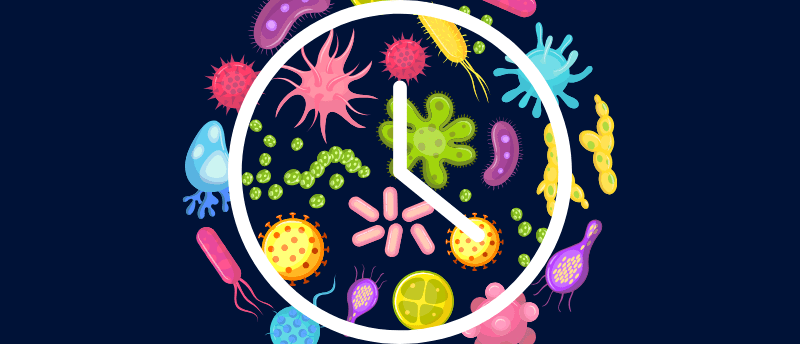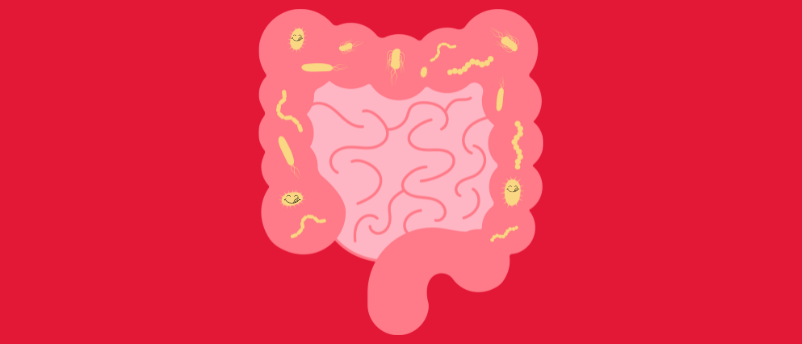What’s your gut’s favorite time of day?

A new study reveals that time of day is a key factor affecting the composition of the gut microbiome, calling for researchers to report it in their studies.
Researchers at the University of California San Diego (CA, USA) have discovered that alongside already recognized factors, such as diet and exercise, time of day dramatically affects the composition of the gut microbiome. This finding has a major effect on how gut studies and sample analyses are both conducted and reported, with the researchers of the current study urging others to report the time of day in their gut microbiome studies.
It has long been understood that the gut microbiome plays a critical role in health and wellbeing and is affected by such factors as diet, living conditions, maternal line and exercise. However, even when these factors are accounted for, many gut-related studies have found unexplained variability and a lack of replicability when it comes to their samples. Amir Zarrinpar, senior author of the current study, commented this “may be due to the fact that the microbiome oscillates throughout the day, with different populations of microbes dominating at different times.”

Gut microbe eats cholesterol for dinner
Researchers have discovered bacteria in the gut that lower cholesterol levels.
Gut microbiome research utilizes stool samples, investigating which microorganisms are present and in what quantities, in order to link microbiome compositions to diseases and their processes. However, when one consistently gets results that can’t be replicated, it becomes harder to draw conclusions regarding the role of the gut microbiome in health and disease. Microbiome research is in the midst of a replicability crisis due to many factors, not simply those outlined previously.
To investigate time’s potential effect on the gut microbiome, the team compared computer analyses of previous 16S amplicon sequencing studies in male mice. They highlighted that time did indeed have a profound effect on gut microbiome composition and heavily influenced study conclusions, even more so than dietary changes. “As little as four hours after a mouse eats breakfast, nearly 80 percent of its microbiome is different. For that reason, when a sample is taken can dramatically affect which microbes are present and therefore the conclusions a scientist draws about the disease they are studying,” reported Zarrinpar.
The team is sure that their discovery will assist the current replicability crisis, offering researchers another factor to consider when conducting their experiments. The researchers of the current study, along with scientists in other fields such as circadian biologists, have been lobbying the National Institutes of Health (MD, USA) to be stricter about requiring papers to report sample collections times. Zarrinpar also advocates for the standardization of guidelines ensuring consistency in sample collection times and methodology.